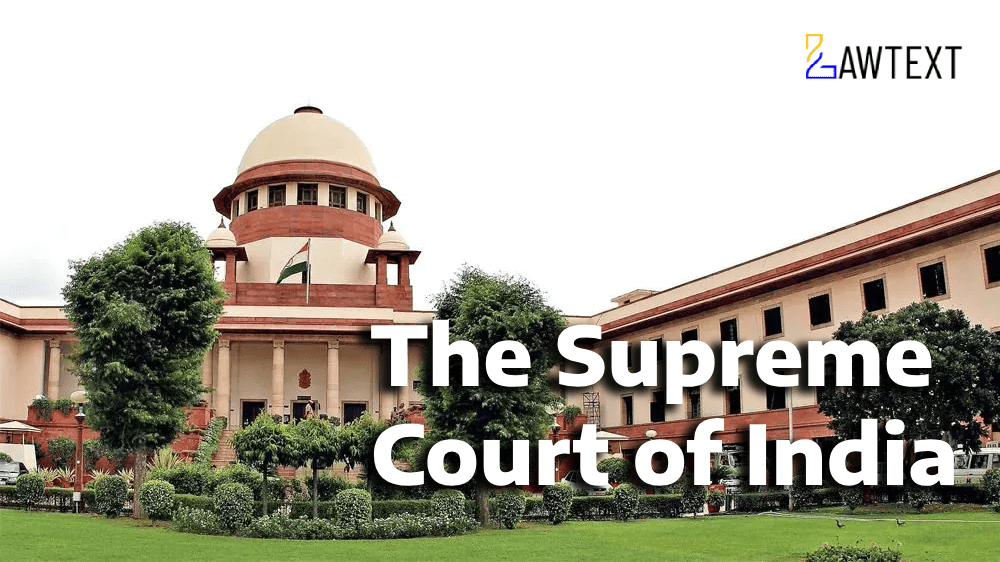

The Supreme Court dealt with an appeal to quash an FIR alleging rape, cheating, and other offenses. The Court analyzed the prolonged consensual relationship (2008–2017) between the appellant and the complainant, concluding that the claim of false promise of marriage lacked credibility due to the extended duration and circumstances. The Court clarified the law on consent, misconception of fact, and the criminal liability attached to false promises.
The appellant, a social worker, was accused of offenses under Sections 376, 420, 504, and 506 IPC. The allegations stemmed from a decade-long physical relationship, with the complainant claiming it was based on a false promise of marriage.
The complainant alleged that the appellant forcibly engaged in sexual intercourse and continued the relationship by promising marriage, financial support, and housing. However, the appellant contended the relationship was consensual.
The Bombay High Court dismissed the appellant's plea to quash the FIR, citing the seriousness of rape allegations as societal offenses requiring thorough investigation.
The Supreme Court quashed the FIR, noting the allegations were inconsistent with the consensual nature of the relationship and did not constitute offenses under the cited sections.
For a promise of marriage to vitiate consent under Section 375 IPC, it must be proven to be false at the outset, with intent to deceive. Long-term consensual relationships without prompt objections dilute the claim of coercion or misconception of fact.
False promises of marriage, consensual relationships, and the scope of rape under Indian Penal Code.
#CriminalLaw #RapeLaws #FalsePromise #Consent #SupremeCourtJudgment
Citation: 2024 LawText (SC) (11) 262
Case Number: CRIMINAL APPEAL NO. OF 2024 (@ SPECIAL LEAVE PETITION (CRL.) NO. 4326 OF 2018)
Date of Decision: 2024-11-26
Case Title: MAHESH DAMU KHARE VERSUS THE STATE OF MAHARASHTRA & ANR.
Before Judge: (B.V. NAGARATHNA J. , NONGMEIKAPAM KOTISWAR SINGH J.)
Appellant: MAHESH DAMU KHARE
Respondent: THE STATE OF MAHARASHTRA & ANR.